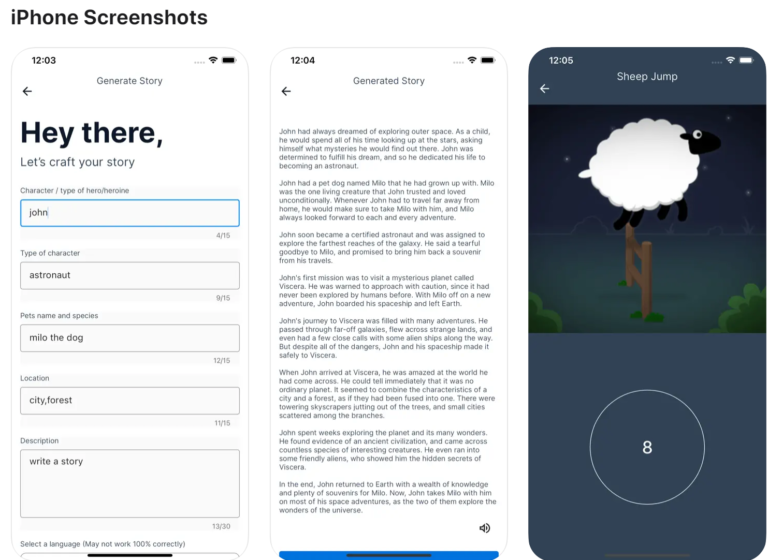Why reading nursery rhymes and singing to babies may help them to learn language Researchers find that babies don’t begin to process phonetic information reliably […]
You May Also Like
Good News
We are looking start the next phase of development of our amazing app soon. We are currently raising funds and have received positive feedback from […]
Experts Raise Concerns
Fifth of US Children Now Rely on Melatonin for Sleep – The Liberty Conservative Title: Concerns Rise as Study Shows 20% of School-Aged Children Take […]
Website, Mobile browsing improvement
Exciting news, everyone! We’ve recently made some important updates to our website, https://zZzCreator.com , to enhance the mobile browsing experience. We sincerely apologize to our […]
Latest version out now
Amazing News!! We have just released V3 of our app with more functions and improved sleep games. Goto https://zzzcreator.com and download the latest version or […]
The toll of sleep deprivation in children
The ideal amount of sleep for healthy functioning differs from one child to the next (see page 39). But research shows that maintaining a regular […]



